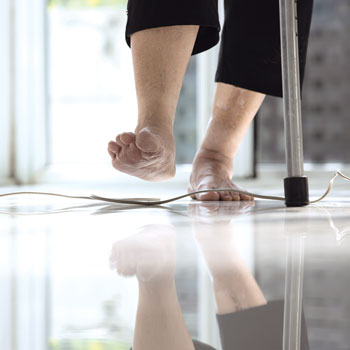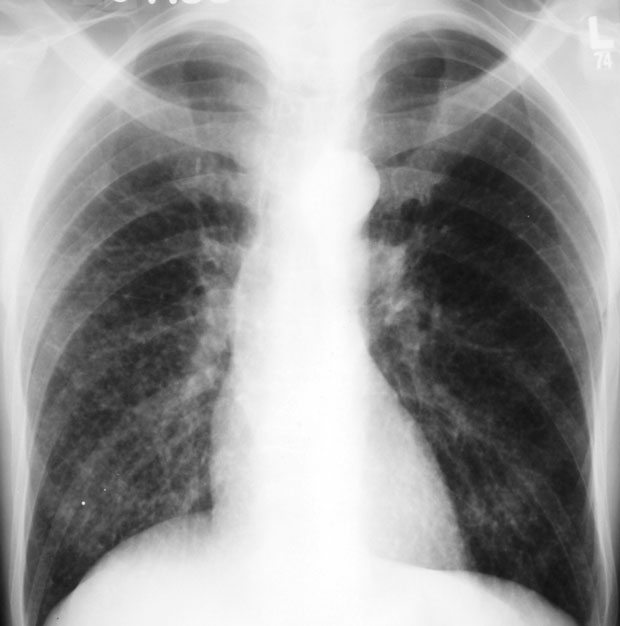Overreliance on NPs a serious concern
A reader responds to a recent President's Message.
In his thought-provoking President's Message, “Déjà Vu All Over Again,” in the October 2024 I.M. Matters, ACP President Isaac Opole, MBChB, PhD, MACP, asked whether we are heading toward a health care crisis like the one exposed by the Flexner Report in 1910. I find myself in strong agreement with the concerns he raises about the influx of nurse practitioners (NPs) in our health care system.
NPs are typically trained to adhere to clinical algorithms, but this approach can falter when a patient's condition does not align neatly with these guidelines. Physicians, in contrast, are trained extensively in medical school and residency not only to follow guidelines but also to deeply understand the underlying causes of diseases and to exercise critical thinking in ambiguous or emergent scenarios. NPs, whose educational paths are notably shorter and less rigorous, often lack this level of in-depth training. While algorithms and protocols are valuable tools, they are no substitute for a comprehensive knowledge of human biology and disease mechanisms.
Moreover, as the health care system increasingly depends on NPs, patient safety is at risk. These clinicians may lack the necessary skills to recognize when an out-of-the-ordinary situation requires a deviation from the standard protocol. Managing straightforward cases of hypertension or diabetes might fit well within their training, but more complex cases could reveal critical gaps in their knowledge and abilities, potentially leading to delayed diagnoses or inappropriate treatments.
It's not that NPs are unimportant in health care; they are crucial, especially for addressing the primary care physician shortage in underserved areas. However, the rapid expansion of their scope of practice, combined with calls for greater autonomy without equivalent enhancements in educational standards, poses a significant risk. The public deserves clinicians who are fully equipped to handle a wide spectrum of medical challenges, not just the straightforward cases.
Instead of broadening the roles of undertrained personnel, we should focus on enhancing NP training. A comprehensive, standardized clinical education that mirrors the rigor of medical school is essential to prepare these clinicians for the complexities of real-world practice. I agree with Dr. Opole that it is time to critically evaluate NP education before we are confronted with a full-blown crisis. The future of health care—and the well-being of our patients—hangs in the balance.
Sammar Rasheed, MD, FACP
Camden, N.J.





